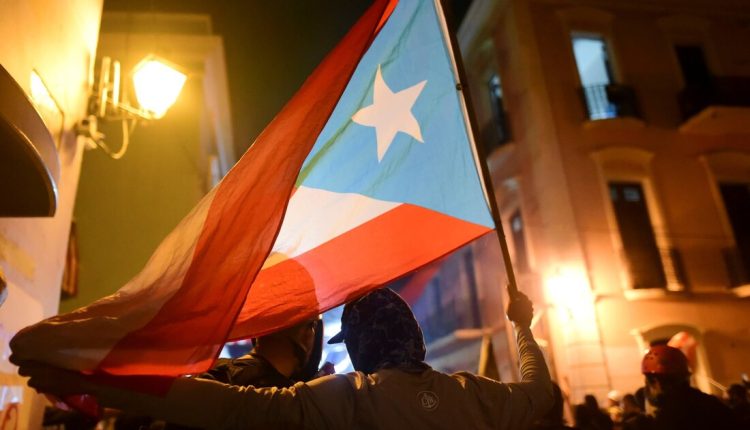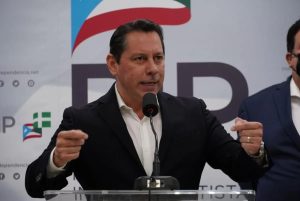
The ‘Cold War’ rhetoric in Puerto Rico
After the disappearance of the Soviet Union in the 1990s, the anti-communist discourse and fear of communism began to disappear from the media. It would be the hegemony of capitalist discourse that would take over the media in the West.
In Puerto Rico, after three decades (1960 to 1990) of much rhetoric and terrorist actions against everything that came close to the Cuban Revolution — independence, socialism or communism — the issue also shrank or disappeared from the media and political debate. The threat ceased to exist.
With the crisis of the two traditional parties, the PNP (Annexationist) and the PPD (Autonomist), starting with the 2020 elections, the Puerto Rican Independence Party, led by the figure of the young Juan Dalmau and the Citizen Victory Movement by the young Alexandra Lugaro and Manuel Natal, set off the alarms of the Puerto Rican colonial bipartisanship when between them they reached 28% of the votes, while the PNP obtained the lowest percentage in its history with just 32.93%, as did the PPD with 31.56%.
Hope was raised that a better and different world would be possible. Over the course of the last three years, both the Independence Party and the Citizen Victory Movement, made up of independentists, annexationists and autonomists, fought against the legal prohibition of being able to unite under the same symbol or insignia, and had to resort to other legal alternatives that would allow them to vote for the candidates decided by them, but under the insignia of each party or movement. The State imposed multiple obstacles to avoid “The Joining (El Junte)” because they knew and know of the danger that is coming for these elections of 2024, as well as those of 2028, where there is a good chance that they could be displaced from power.
The strongest candidate of the bipartisanship comes from the PNP (Annexationist), the young Jenniffer Gonzalez, affiliated with the Republican Party (Trumpist) and with a close political relationship with the Cuban representatives of the Miami area — María Elvira Salazar, Marco Rubio, and Mario and Lincoln Diaz-Balart — who have recorded advertisements endorsing Gonzalez’s candidacy. It should be remembered that as a representative to the House of Representatives, this young woman gave a tribute on March 26, 2006, at the request of Representative Iliana Ros-Lehtinen, to the main conspirator in the murder of Carlos Muñíz Varela, the well-known florist of the gang of the convicted colonel, Alejo Maldonado Medina.
 Juan Dalmau is a young man with advanced ideas, as is his political party, embracing the most advanced ideas of social democracy, which believes in state participation in the country’s economic affairs and in a social welfare agenda, emphasizing health, education and security programs, fighting corruption and making the State an efficient structure.
Juan Dalmau is a young man with advanced ideas, as is his political party, embracing the most advanced ideas of social democracy, which believes in state participation in the country’s economic affairs and in a social welfare agenda, emphasizing health, education and security programs, fighting corruption and making the State an efficient structure.
As for his political work at the international level, Dalmau has participated in international forums of solidarity with the independence of Puerto Rico, has visited countries and has met with international political leaders, including some perhaps more radical than him.
It is within this context that we are faced, after almost three decades, with a ‘Cold War’ campaign where the crudest and most forgotten anti-communism is present in this electoral campaign, recalling those of the 1960s and 1970s.
Messages such as “Dalmau will bring us communism”, “Dalmau will distance us from the United States and endanger our American citizenship”, “Dalmau will endanger federal food aid, social security, WIC, etc.”…
The end of the world! All accompanied by photos of Dalmau at international events alongside Ortega, Maduro and Diaz-Canel.
Some experts on these issues understand that this campaign will not have much effect among young people because they did not live through those past times, but in an aging population that lived through all those decades of ‘Cold War’ it can have an effect when it comes to voting.
On November 5th, we will know if this crazy propaganda had an effect on the population.

